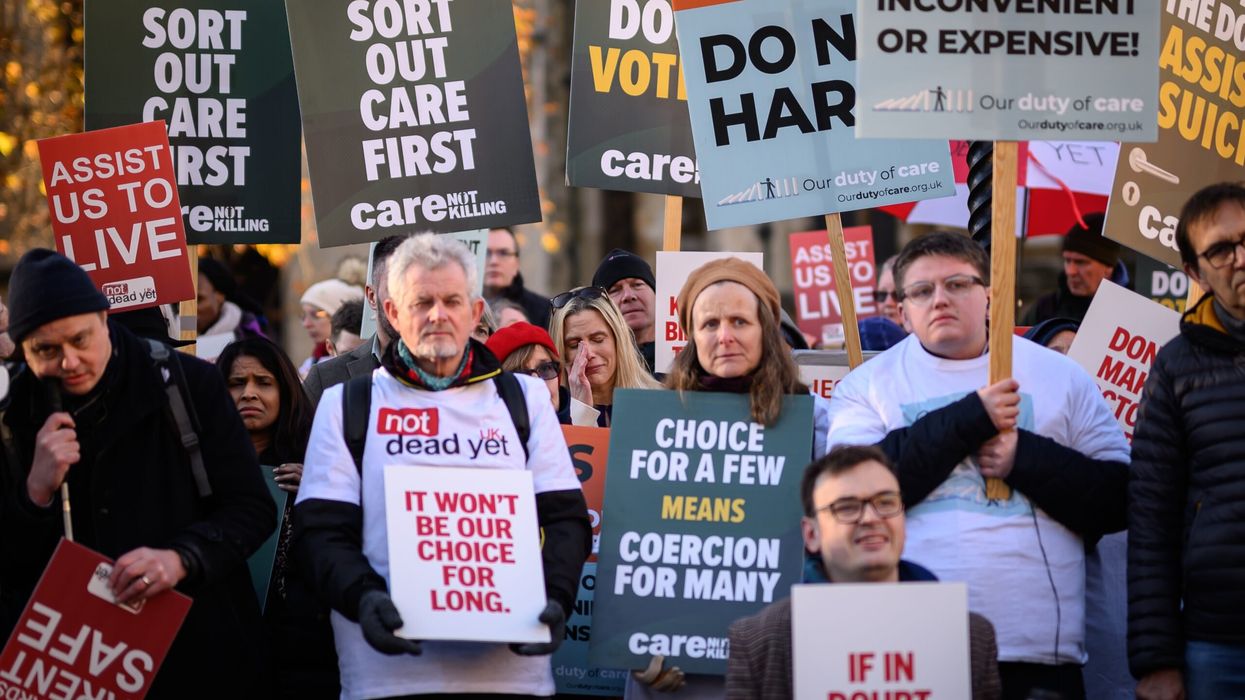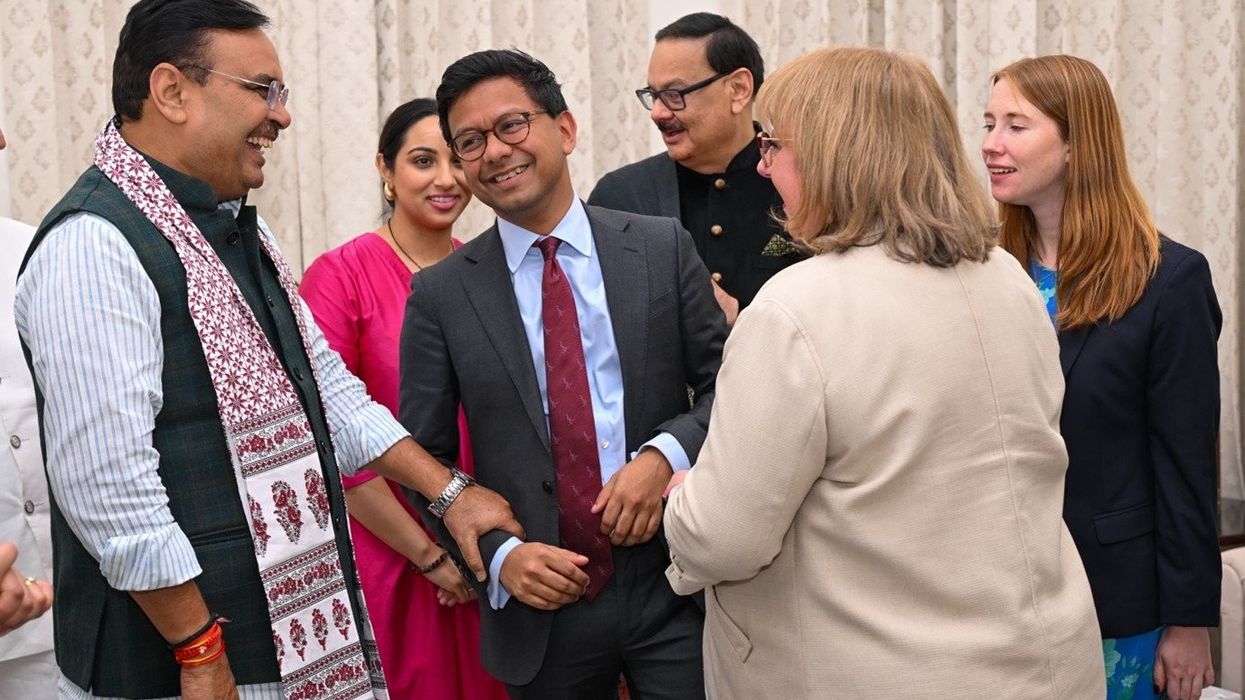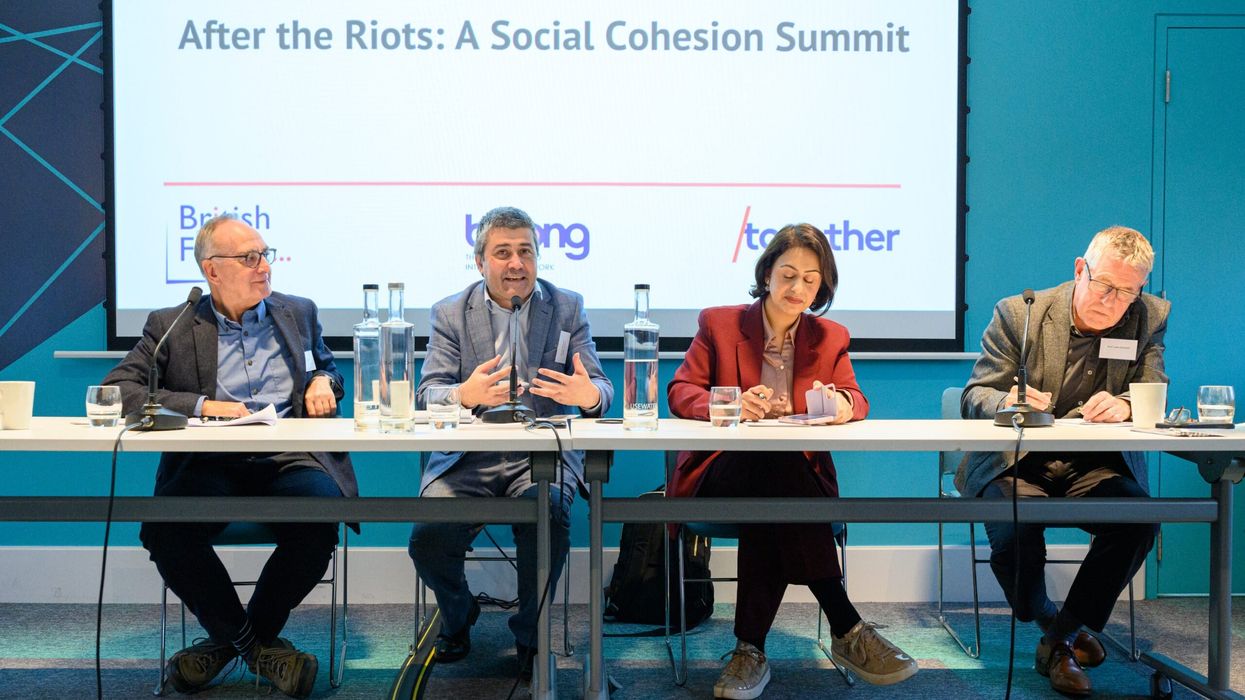By Sunder Katwala
Director, British FutureIMMIGRATION played a crucial role in the EU referendum of 2016. Without the loss of public confidence in how governments had handled immigration over the previous decade, Remain rather than Leave might have narrowly won that public vote.
Four years on, the government must now show what “taking back control” might mean in practice – but will now introduce its new immigration system in different circumstances to those imagined just a few months ago.
Home secretary Priti Patel this week published a 130-page document providing more details of the post-Brexit immigration system, but there were few surprises. The government had previously announced the contours of its new points-based system in February. This week’s document began to flesh out some of the details for employers, keen to find out what they will need to know soon since the government intends that the new system to be up and running after the Brexit transition period ends, an hour before midnight on New Year’s Eve.
Covid has changed the immigration context. In the short term, it brought migration, like much other economic activity, to a halt. How long the effects last are of particular concern to universities, who face a significant financial hit if large numbers of international students, particularly from China and India, postpone plans to study in the UK this autumn. It also led to an increased focus on the value of immigration to health, social care and other essential services. Yet it also means that future policy choices will now be made in a recession, with rising unemployment at home.
How far has Covid changed public attitudes to immigration? New research from the Policy Institute at King’s College London and British Future sought to investigate – by comparing a nationally representative poll taken in mid-May with similar questions asked in January. Seventy per cent of people agree that the pandemic has shown the contribution immigration makes in staffing essential services, and almost two-thirds (64 per cent) say they now value the role of ‘low-skilled’ migrant workers more.
Yet, overall, the research shows that most people have broadly similar views to immigration as they did before the pandemic, with gradual increases in more liberal attitudes, particularly among younger people and ethnic minority respondents.
Attitudes towards immigration have become more positive – but over the past four years, rather than the past four months – though the Covid crisis has seen political and media debate catch up with where the public were already. The research did find a more significant Covid shift in support for care workers, with 67 per cent now saying they would give high or medium points to those coming to work in social care, up from 53 per cent in January. Bringing social care jobs into the new NHS and care visa would be popular, but the government has not yet acted on growing pressure to do so.
The government has combined talking about new post-Brexit controls while softening its policy choices. “We will scrap the bureaucratic Resident Labour Market Test, lower the skills and salary threshold and remove the cap on skilled workers,” Patel wrote in the Sun on Sunday (12), in a piece focused much more on how the new system would let in rather than who it would keep out.
The government accepted the Migration Advisory Committee’s recommendations to combine the end of EU free movement with a more liberal policy for work and study from outside the EU.
A surprising decision to open up to higher migration came in response to China’s crackdown on civil liberties in Hong Kong. Three million residents will now have the opportunity to come to live, work and settle in Britain. Nobody can know how many will take up the offer, but the Home Office estimates this could add 40,000 a year to immigration. Polls show broad public support across party and referendum divides. In 1990, Norman Tebbit campaigned successfully against visas for Hong Kong; this time, MPs appear unanimously in support.
Next week, Boris Johnson will have been prime minister for a year. The challenge on immigration in his government’s second year is to turn political messages into implementation.
There are many potential pitfalls in the design of the new immigration system. Its introduction six months before the deadline for Europeans already in Britain to secure their status could create confusion and discrimination. The government’s commitment to implement the post-Windrush review findings in full requires the biggest overhaul in its culture and systems that the Home Office has ever seen. A post-Covid recession will change the immigration agenda too, with businesses needing to show how they can integrate approaches to domestic recruitment and skills with migration too.
The government believes that control and contribution can go together on immigration. The next test is to turn that message into a system that can deliver it.




















Points-based system seeks ‘control with compassion’